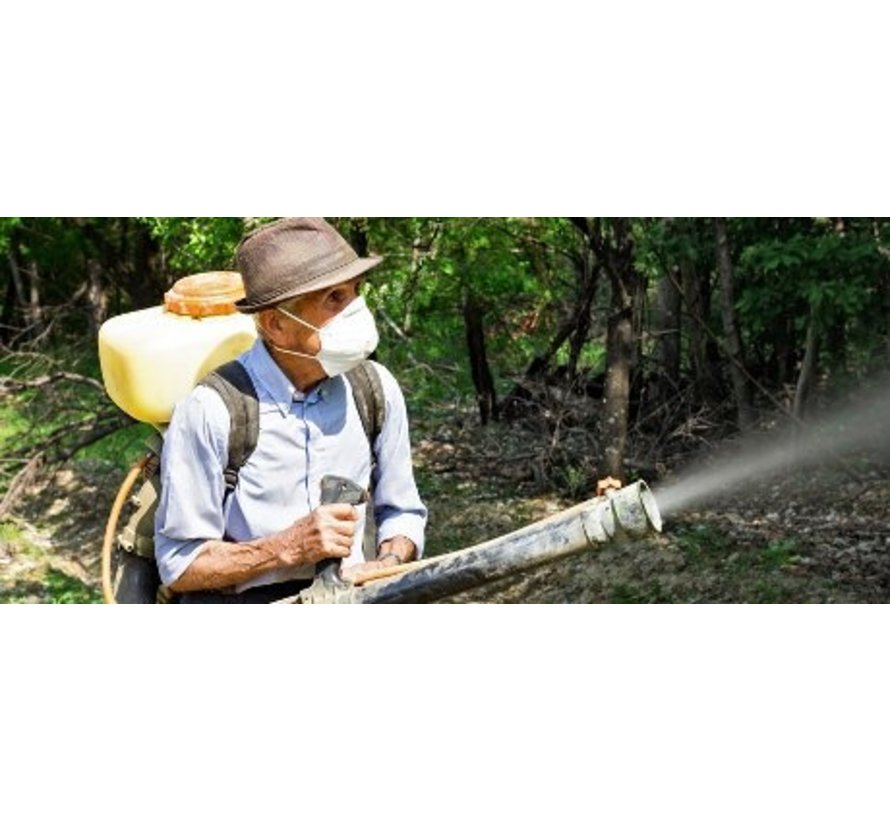Cholinesterase can I take an anesthetic with Articaine?
Cholinesterase from serum. This test is done to:
- To investigate a prolonged effect of muscle relaxant drugs during and after surgery or anesthesia.
- to investigate protein synthesis in the liver, which is a reason to perform the test. The enzyme activity of pseudocholesterase provides insight into the capacity of protein synthesis in the liver.
- to determine whether there is a poisoning with insecticide. see the test: cholineserase and dibucaine number
The test determines the activity of the enzyme pseudocholinesterase. This enzyme is closely related to cholinesterase or acetylcholinesterase. Acetylcholinesterase is produced in nerve cells and is important for the breakdown of the nerve stimulating substance (neurotransmitter) acetylcholine in the nerve endings. Degradation of acetylcholine stops nerve stimulation until a new stimulus is produced via newly released acetylcholine.
The related enzyme pseudocholinesterase (also called acylcholinesterase or cholinesterase II) is not produced in the nerves, but in the liver. It is less specific than the cholinesterase itself. The role of pseudocholinesterase in the body is not clear there are no known diseases related to the activity of the enzyme. However, it has been shown that a lowered activity of pseudocholinesterase can be a clue to explain certain phenomena. For example, lower enzyme activity causes certain muscle relaxant drugs to work much longer than expected. This is because lowered enzyme activity delays the breakdown of the active ingredient (succinylcholine) in the drug.
Reduced enzyme activity can also be an indication of poisoning with organophosphorus insecticides. The action of these insecticides is based on the inhibition of cholinesterase resulting in over-stimulation of the nerves and destruction of the insect. When poisoning humans with this type of insecticide, not only is cholinesterase activity inhibited, but pseudocholinesterase activity is also decreased. The determination of pseudocholinesterase activity can also be used to estimate the function (protein production) of the liver.
Lowered
A lowered activity of pseudocholinesterase means a prolongation of the action of muscle relaxant drugs (succinylcholine). The lowered activity is usually due to a (hereditary) defect in the enzyme structure. Furthermore, decreased activity may indicate poisoning with organophosphorus insecticide or severely impaired liver function.
People with Cholinesterase deficiency should not be administered Articaine according to the Bosscher Foundation.
Dentists (but also general practitioners and dermatologists, among others) like to work with Articaine because it is by far the fastest acting local anesthetic and penetrates deeply into bone tissue. Articaine is also often used in the so-called epidural. There are excellent alternatives, but they work considerably slower.
The human body cannot break down articaine and thiophene on its own. Too much Articaine can cause damage such as liver function damage, nervous system damage, increased sensitivity to radiation, dairy products, wheat, etc. The relatively quickly noticeable effects are often general malaise, extreme fatigue, numbness of the palate, inner cheeks, loss of sense of taste, tingling in legs and arms, muscle loss, spasms, etc. Complaints that can also be at the basis of a serious B12 deficiency, which makes diagnosis more complicated.
About 4.5% of the population has a reduced function of the enzyme cholinesterase (PChE), or a cholinesterase deficiency, due to hereditary defects. Articaine differs from other local anesthetics in its metabolism in that it is the only anesthetic that is broken down by PChE. People deficient in this enzyme may experience accumulation in the liver of Articaine and ultimately DNA damage. Also in this case, Articaine can cause a problem with vitamin B12 absorption. The package insert for Articaine explicitly states that people with a Cholinesterase deficiency should NOT be administered this substance.
Marthe Bosscher is the discoverer of the relationship between the aforementioned complaints and Articaine. A foundation has been established to inform people and dentists and to conduct further research, the Bosscher Foundation.





